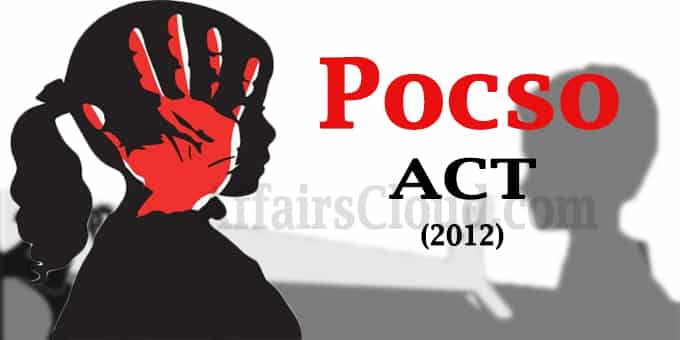The evidence of date of birth asper the school records must be given the first preference and medical reports can be resorted only in the absence of such school certificates. This is mentioned in rule 12 of the Juvenile Justice (Care and Protection of Children) Rules, 2007 and this was upheld by the Patna High Court by the Hon’ble Mr. Justice Birendra Kumar in the case of Arjun Kumar @ Prince Vs. The State of Bihar [CRIMINAL APPEAL (SJ) No.159 of 2018].
The brief facts of the case are, on 29.11.2015, the victim girl aged about 13 years she was ready to go for tuition. Just then a mobile call came on the mobile of her mother. The victim received the call. The appellant said that he wants to meet her and called her at once and proposed that appellant wants to marry with her. She left her house along with her brother, but the appellant induced her to go with him. Thereafter the appellant was in physical relation with her for three days. Later on brought her to railway station Dumrao and left her there. Then the victim telephonically informed to her mother. Her mother came and she went to her house. A medical examination was conducted on 04.12.2015 which revealed that the hymen was torn but there were no injuries that were present. Her statement was recorded asper the provisions of section 164 of the Code of Criminal procedure. On 13.11.2017, the trial judge convicted the appellant for offences under sections 366A and 376 of the Indian Penal Code and section 4 of the POCSO act. Aggrieved by this, the appellant filed the resent appeal before the Hon’ble High Court.
The learned counsel for the appellant submits that, the victim had voluntarily gone with the appellant since she in her statement had disclosed that the appellant had called her 3 months prior and had disclosed his name. It was also observed that the victim had voluntarily left the house and there was no evidence of persuasion by the appellant to take her to Patna. Moreover, when she was in physical relation with the appellant for three days, she did not make any protest nor any complain to anyone. The learned additional public prosecutor contended that the victim was a minor and the same has been proved by the medical report. Since she was a minor, the act is still illegal since her consent is immaterial and the victim has consistently mentioned she was sexually exploited.
The learned judge listened to both the parties and held that the main issue of the case was not whether there was presence of consent but whether the consent was material since the prosecution claims the girl to be under the age of 18. The court analysed the medical reports which revealed that the girl was between 15-16 years. The prosecution claims the girl to be 13-14 years. However, all these are approximates and there us no conclusion about the exact age of the victim. in State of Madhya Pradesh v. Munna @ Shambhoo Nath reported in (2016) 1 SCC 696, the Hon’ble Supreme Court held “that the evidence on approximate age of the victim would not be sufficient to any conclusion about the exact age of the victim”. In the case of Jarnail Singh v. State of Haryana reported in 2013 CRI. L.J. 3976, the Hon’ble Supreme Court said that “the age of the victim of rape should be determined in the manner provided under Rule 12 of the Juvenile Justice (Care and Protection of Children) Rules, 2007”. This states that while determining the age of the victim, “preference is to be given to the school documents in determination of age of the victim. Only in absence of the school documents, the opinion of medical expert is permissible”. In the present case, he mother of the victim claimed that the victim was a student of Class VIII. This means that there is evidence available from the school to determine the date of birth but it was deliberately not brought on record by the prosecution. Since the prosecution had failed to prove the age of the girl was below 18, charge under Section 376 IPC and 4 of the POCSO Act fails since the victim was in consensual relationship with the appellant. Since she was not a minor anymore, section 366A also fails.
Thus, the court decreed that, “irresistible conclusion is that the prosecutrix was in consensual relationship with the appellant, the prosecution has failed to prove that the victim was of the age incapable of giving consent. Likewise the prosecution has failed to prove that the victim was induced to go with the appellant for the purpose of illicit intercourse with another person”. The appeal was allowed and the judgement by the trial court was set aside.


